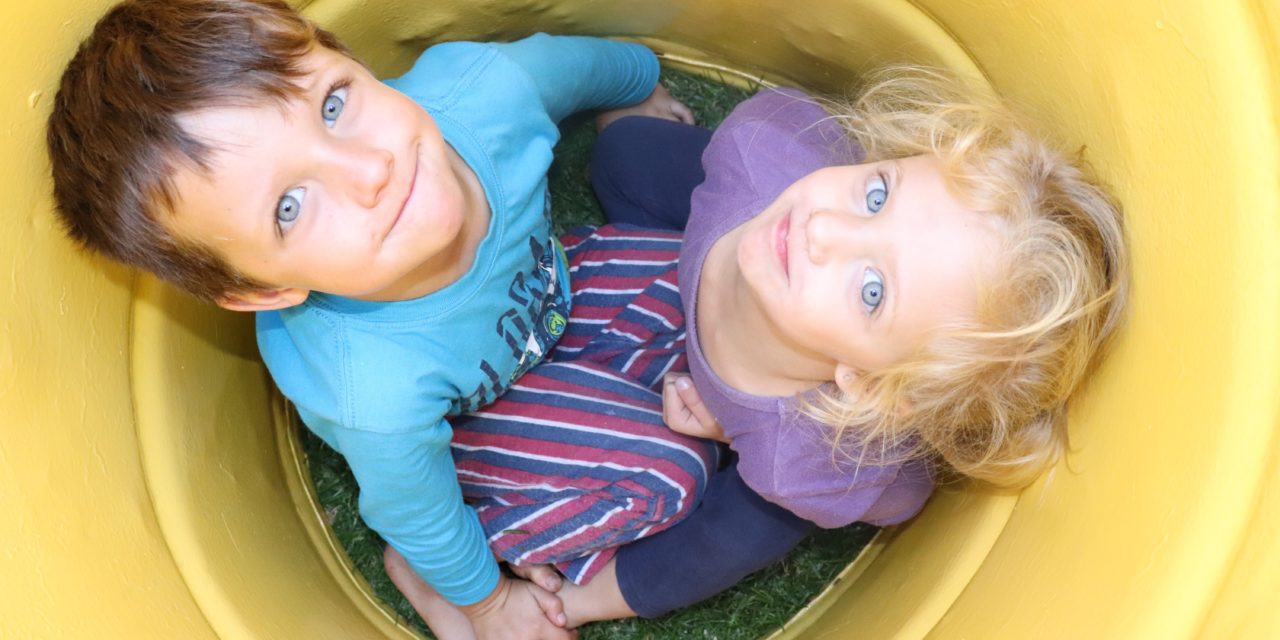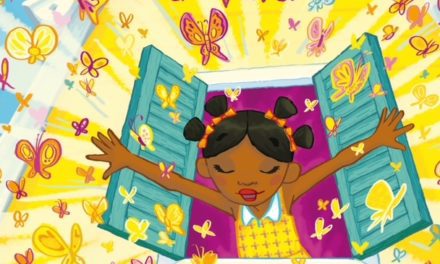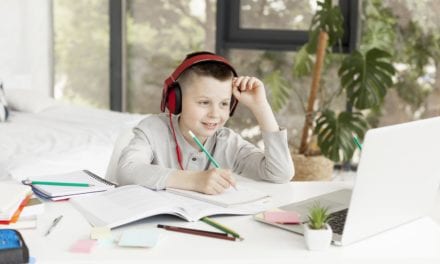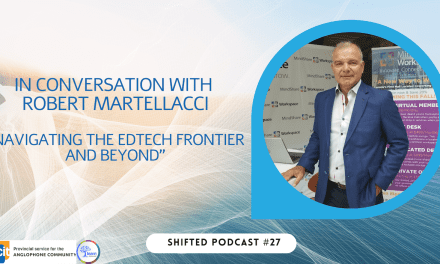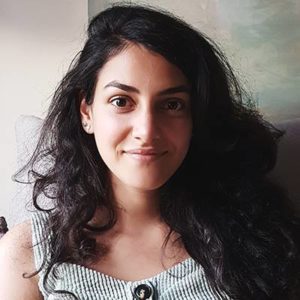
Ana Ardelean, play consultant
Ana has been a play consultant for over a decade, with an interest in making play central in the development of our 4 and 5 year olds. I first met her when she was releasing her research with Kate Smith and Wendy Russell, commissioned by Outdoor Play and Learning (OPAL) entitled, “The Case for Play in Schools: A review of the literature.” It was at that moment I knew she needed to come to our community and share her experiences and research in regard to the power of play.
This post is Quebec’s first introduction to Ana, but not the last. In collaboration with LEARN and DEEN’s PLAY committee, Ana will be joining us for a 6 session look into all things play. Before we begin our preschool journey introductions are in order. Let me introduce you to Ana Ardelean:
What got you interested in early childhood development?
I’m just really passionate about working with children, in all their splendor. The early stages, although foundational, are just one piece of the puzzle, so through being fascinated by childhood generally, I’m automatically interested in how younger children develop, learn about themselves and the world. To me, one of the reasons early childhood is quite intriguing is because it is the time when most of our brains develop and yet, we remember very little of that development. Which is indicative of how learning-intense that period is, and how much the brain needs to start trimming stuff away to be able to cope with and adapt to following stages. Over the years, I’ve also become increasingly aware of the impact of ACEs (adverse childhood experiences), and particularly trauma on young children, and so that’s a specific area of interest, especially as we are realizing so much can be done in early childhood to diminish the impact of ACEs on later life.
What were some of your earliest experiences with our youngest learners that influenced your career path?
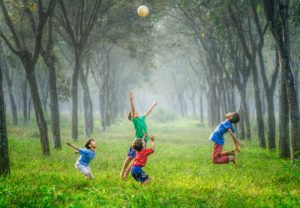
Photo by Robert Collins on Unsplash
I feel like my career path chose me long before I realised what I wanted to do in life. I remember being 9-10 and just naturally into caring for young children. So much so, that I would turn down offers to go and play with my friends and just play with under 5s. I was lucky in that my local playground was right next to my home and intergenerational, so there was always a variety of ages there, depending on the time of the day. Being at school, I’d go out in the afternoons or early evenings which was also when parents with young children were out on the playground, after work. Playing with them, therefore, happened organically and I regard those memories as some of my fondest. I have such vivid flashbacks of just watching babies and toddlers play, observig the amount of learning taking place – you could actually see their ‘cogs’ turning – and how communicative they were when I joined their play and mimicked their actions.
Why is Play so important in Early Childhood Development?

Photo by 🇸🇮 Janko Ferlič on Unsplash
I think it’s important for adults to understand that play is not just an activity; it’s an innate need, like eating or sleeping, so we really do require it to survive.
Jaak Panksepp, prominent neuroscientist, extensively researched rats and particularly their play, and when asked ‘is play embedded deeply in the brain?’, he responded – ‘many experiments over the years suggested it was, but to be sure I removed the upper brain of the animals at three days of age. Amazingly, the rats still played in a fundamentally normal way. That meant play was a primitive process. We saw, too, that play helped the animals become socially sophisticated in the cortex. That’s why it’s so important to give our kids opportunities for play’. I’d hate to think of a rat with part of its brain removed, but this tells us that play is obviously essential for our survival as a species, and thus encoded in our genome. I actually had a recent conversation with a colleague who has looked in more depth at Panksepp’s work which defines play as one of the seven primal emotions (or brain processing systems), alongside seeking (survival, rewards), rage, fear, lust, care and grief ( https://www.ncbi.nlm.nih.gov/pmc/articles/PMC3181986/ ). After studying play and working with (a lot of) children, that does make sense and I feel it should be explored more as a concept.
What’s a better way of connecting with and learning about people than interacting through shared play and experience? You can see that in other species in the animal kingdom, too. Otters, for example, like many other cute mammals, spend their lives partly eating and sleeping, and partly playing, most of which is done socially. Here’s one minute of cute otter joyfulness, to illustrate that – https://www.youtube.com/watch?v=LbIPVe99iKQ
Can you give an example of when you saw play change the lives/behaviour of our 4-5 year olds?
I can think of a lot of beautiful and tearful moments, mainly to do with how play brings children out of their shells, helps them become more confident and supports them in making sense of difficult things. But the winner must be this 4 and a half year old boy who I met working and researching play in a refugee camp. When the organised play sessions were on, he was the most cheerful, talkative and happiest little boy, whose eyes were just sparkling when we were doing rope skipping or playing uno, things that people may think of as trivial or just take for granted. But those were games he couldn’t really access in the camp, outside of the sessions. Without access to play, the boy could be seen walking around, staring blankly, often crying or experiencing strong negative emotions, and generally displaying a lot of the characteristics of post-traumatic stress disorder. His mother shared that he very much struggled to sleep on the days he didn’t get to play. Heartbreaking stuff, really, but also exemplifying of the power of play, especially for traumatised children.

Muhammed Muheisen—AP
What can participants expect from the Preschool workshop series you will be leading?
Here’s what interested participants need to know:
Join us online for a six-session webinar series that explores the fundamentals of Play in our new preschool program. |
It is free to attend.
Register for the first 3 happening in 2022.
Open to all educators in Preschool – Cycle 1
September 26th – Session 1: Child development at age 4-5
October 24th – Session 2: Unpacking Play
November 21st – Session 3: Observing play and evaluating learning
To access all session recordings, presentation slides, and accompanying resources, visit our Preschool webpage for Educators on the LEARN Québec website.
Photo credit:
Featured image: Photo by Trinette Hartley from Unsplash

